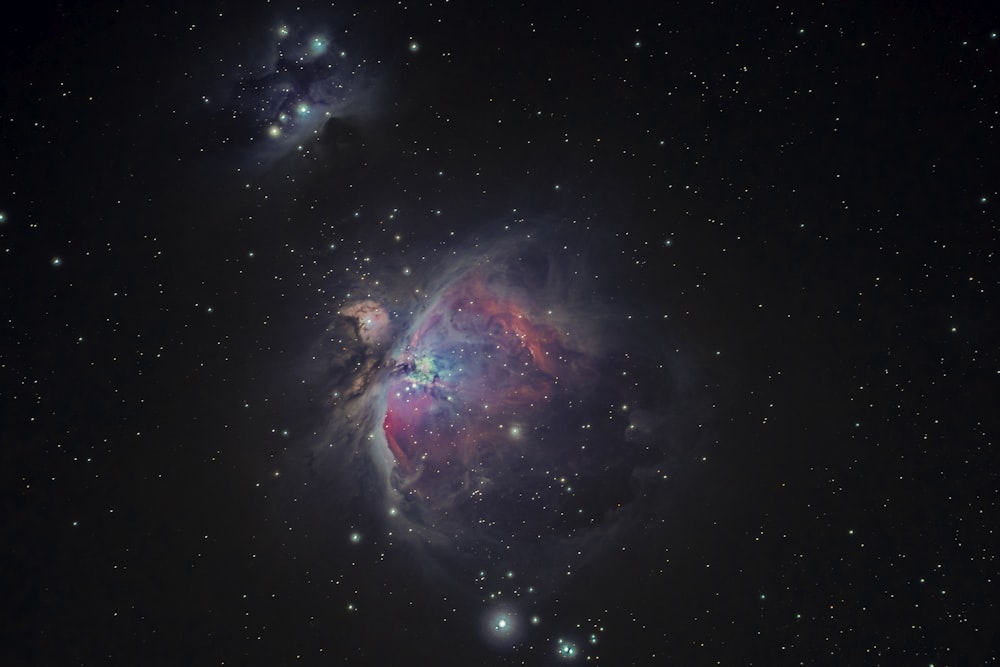Navigating the Cosmic Frontier: Can We Calculate the End of the Universe?
Introduction:
The universe, with its vastness and mysteries, has fueled human curiosity for centuries. Can we, as mere inhabitants of a tiny planet, calculate the ultimate end of this cosmic expanse? In this detailed exploration, we will journey through the scientific theories, astronomical phenomena, and philosophical ponderings that surround the question of whether the universe has a calculable endpoint.
I. Unraveling the Cosmos:
- Big Bang Origins: Explore the foundational concept of the Big Bang and its role in shaping our understanding of the universe's birth.
- Expansion Dynamics: Discuss the ongoing expansion of the universe and its implications for determining its fate.
II. Dark Forces at Play:
- Dark Matter and Energy: Examine the mysterious components—dark matter and dark energy—that influence the cosmic stage.
- Cosmic Tug of War: Delve into the interplay between gravitational forces and dark energy and their impact on the universe's destiny.
III. The Shape of Space:
- Geometry of the Universe: Explain the possible geometries—open, closed, or flat—of the universe and their connection to its ultimate destiny.
- Cosmic Topology: Introduce the concept of cosmic topology and its role in understanding the spatial structure of the universe.
IV. Echoes of the Big Bang:
- Cosmic Microwave Background: Explore the significance of cosmic microwave background radiation in revealing the early conditions of the universe.
- Mapping Cosmic Origins: Discuss how detailed studies of this radiation contribute to our understanding of the universe's fate.
V. Entropy and the Cosmic Heat Death:
- Thermodynamics at Play: Examine the concept of entropy and its relation to the thermodynamic fate of the universe.
- Heat Death Hypothesis: Discuss the idea of a "heat death" where entropy reaches its peak, leading to cosmic equilibrium.
VI. Quantum Uncertainties:
- Quantum Mechanics' Influence: Explore quantum mechanics and its potential to introduce uncertainties into the deterministic narrative of the universe's fate.
- Quantum Fluctuations: Discuss how quantum fluctuations may play a role in the cosmic story.
VII. Multiverse Complexity:
- Beyond Our Universe: Introduce the multiverse concept and its implications for calculating the end of our particular universe.
- String Theory and Extra Dimensions: Explore how theories like string theory propose extra dimensions, altering our perception of the cosmic landscape.
VIII. Philosophical Contemplations:
- Limits of Knowledge: Delve into the philosophical implications of contemplating the end of the universe and the inherent limitations of human understanding.
- Cosmic Significance: Discuss the broader significance of our quest to understand the cosmos and our place within it.
IX. Technological Horizons:
- Observational Challenges: Highlight the technological hurdles in observing and comprehending the vastness of the universe.
- Future Prospects: Explore how technological advancements may shape our ability to probe deeper into cosmic mysteries.
Conclusion:
The journey to calculate the end of the universe transcends disciplines, leading us through physics, astronomy, philosophy, and speculative wonder. While our current understanding offers glimpses into the cosmic tapestry, the ultimate destiny of the universe remains a subject of ongoing exploration. As we peer into space, we not only encounter scientific puzzles but also profound questions about existence and our role in the cosmic drama. Perhaps, in the pursuit of understanding the universe's end, we uncover more about the interconnected mysteries that bind us to the celestial canvas.








































